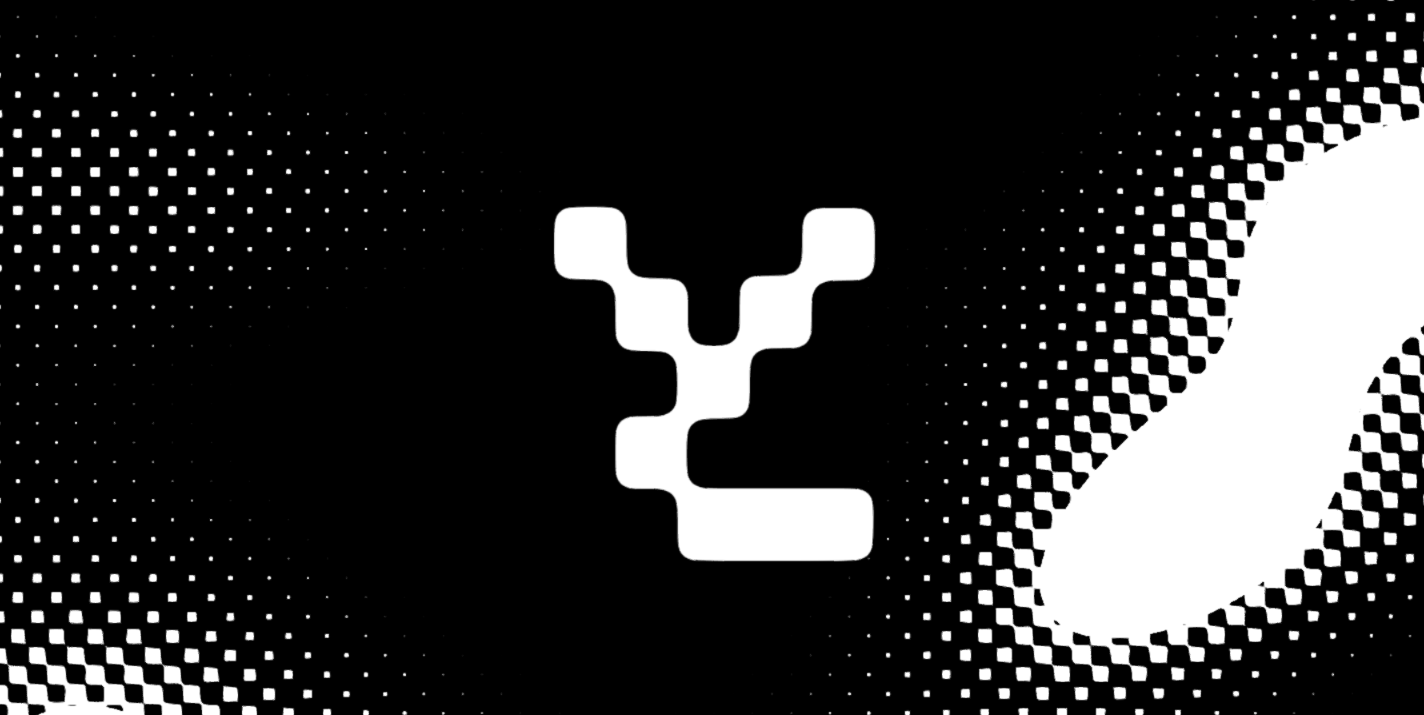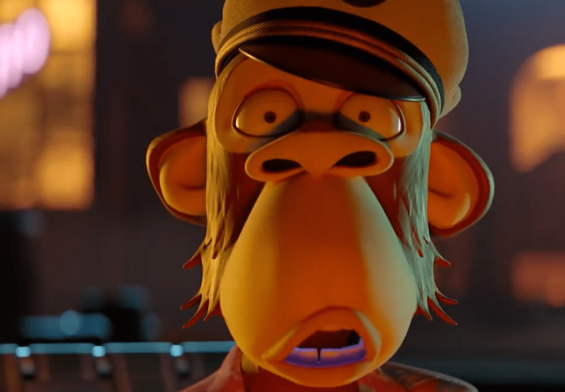Here’s beginning and end you want to realize about the organization assuming control over the metaverse.
Yuga Labs was established in February 2021 and consolidated in the territory of Deleware in the United States. The organization is most popular for making the world’s biggest and most beneficial NFT venture to date, the Bored Ape Yacht Club (BAYC). BAYC is an assortment of 10,000 interesting Bored Ape NFTs. On April 23, Yuga Labs sent off the BAYC mint, with the last deal set for May 1. The underlying floor cost was set at 0.08 ETH (about $240). Only a couple of months after the fact, in August of 2021, the floor broke 44 ETH (about $137,000). Today, the venture is worth billions.
Notwithstanding, up to this point, somewhat little was had some significant awareness of the actual organization, particularly as opposed to its high-profile NFT project. In any case, as Yuga Labs arises as one of the most predominant and monetarily weighty hitting players in the NFT environment, with large intends to venture into the metaverse, the organization has gone under a rising measure of examination.
For a period, the personality of the people behind the BAYC project was obscure. Yuga Labs itself was led by two people who went by the nom de plumes Gordon Goner and Gargamel and who later enrolled the assistance of two programmers known as Emperor Tomato Ketchup and Sass.
Doxxing is the demonstration of uncovering beforehand obscure individual or confidential data, typically about an individual, on the web. Not long after the BuzzFeed doxxing, the two leftover individuals from BAYC, Sass and Emperor Tomato Ketchup approached, uncovering their names to be Zeshan and Kerem.
The doxxing started an awkward however critical conversation about secrecy in the realm of Web3 that go on today. Buzzfeed senior innovation columnist Katie Notopoulos, the writer behind the story, guaranteed the distribution’s activities helped increment straightforwardness and responsibility toward an organization that is presently worth billions and works in a lawful and mechanical domain that is not even close to completed the process of developing.
Conversely, Yuga Labs’ CEO Nicole Muniz rushed to communicate her disappointment with the doxxing, guaranteeing that namelessness doesn’t be guaranteed to compare to an absence of responsibility.
The two players have a point, however what befell the venture’s pioneers may not qualify as doxxing in the legitimate sense.
At the point when the originators behind BAYC sent off their NFT project in April of 2021, they decided to stay mysterious. Past a cloak of pen names, that secrecy was seemingly never truly there in the first place. Yuga Labs is an authoritatively enlisted business in Delaware, and Buzzfeed owns up to sifting through freely accessible records to recognize the two organizers.
Drawing a perfect and reasonable moral line here is difficult, and the NFT people group was partitioned on which side was correct. What arises is, honestly, somewhat of a pick your-own-moral experience style predicament: Either trust strong Web 3 organizations to act morally, chasing after distinguishing proof and responsibility solely after issues emerge, or request that this data be accessible as well as effectively open (a la Buzzfeed article) deduced. Anyway, this conversation isn’t disappearing at any point in the near future.
In late March of 2022, Yuga Labs finished a financing round that saw them raise $450 million and put them at a $4 billion valuation. The round was driven by Andreessen Horowitz (usually alluded to as a16z in the crypto world), a funding goliath who plays additionally had an impact in getting Web3 associations like Dapper Labs, Coinbase, and OpenSea off the ground. Different financial backers incorporate CoinBase, Animoca Brands, Samsung, and Google Ventures to give some examples.
Yuga Labs has seen unimaginable accomplishment since its beginning in 2021 and keeps on riding that wave to additional development. The organization hopes to produce $455 million toward the finish of 2022, mostly through deals of virtual plots of land in Otherside.
Yuga Labs’ CEO Nicole Muniz and a16z general accomplice Chris Lyons comprise the organization’s top managerial staff, Lyons having joined the group during Yuga’s March subsidizing round. Things get somewhat more convoluted while taking a gander at how the BAYC’s developments are being run, which is where a large part of the significant direction relating to Yuga Labs’ ventures occurs.
Yet, this case of autonomy is challenging to fully trust. At the point when ApeCoin sent off, Yuga Labs made its an obvious fact that the organization would cheerfully integrate the token into the BAYC universe. Yuga Labs likewise gifted a 1/1 NFT to the ApeCoin DAO depository.
Taking a gander at ApeCoin DAO’s ongoing board doesn’t help their case, either, which as of now comprises of five individuals serving a six-month term: Amy Wu (head of adventures and gaming at FTX), Alexis Ohanian (fellow benefactor of Reddit and general accomplice and organizer behind Seven Six), Maaria Bajwa (head at Sound Ventures), Dean Steinbeck (president and general insight at Horizen Labs), and Yat Siu (prime supporter and leader executive of Animoca Brands).
Other than being a financial backer in Yuga Labs, Animoca Brands is a game programming and funding organization that, alongside British metaverse tech organization Improbable, is helping construct the organization’s metaverse, Otherside.
At the point when ApeCoin sent off, it promptly began exchanging on significant trades and turned out to be exceptionally important. Right now, a solitary $APE is valued at a little more than eight bucks. A sum of one billion ApeCoins will be delivered in stages to different gatherings and people. That makes the dissemination of these tokens a basic piece of the image.
62% will go to the ApeCoin DAO people group, 15% of which goes to proprietors of Bored Apes or their side project NFT project cousins, Mutant Apes. The leftover tokens will go to the DAO’s depository.
Sixteen percent will go to Yuga Labs itself (6.25 percent of which will be given to the Jane Goodall Legacy Foundation). Fourteen percent has been allotted to “send off donors,” and keeping in mind that there has been little detail gave with respect to who those patrons are, they are probably going to incorporate financial backers like Andreessen Horowitz and Animoca Brands. The excess eight percent will go straightforwardly to the originators behind Yuga Labs.
For an organization that claims it had no hand in the production of ApeCoin, it has rather close business attaches with no less than one part on ApeCoin DAO’s board and is unquestionably taking in a decent measure of the token’s subsequent benefits.
Back in March, when Yuga Labs declared Otherside, the NFT people group observed. The organization’s metaverse project is by a long shot the biggest it has embraced and plans to be the focal point of what is basically another media domain.
Yuga Labs faces intense rivalry from other Big Tech players, as well. Apple, Google, and Microsoft are working diligently working out their own metaverses. Decentraland, the computer generated simulation stage based on Ethereum, stood out as truly newsworthy the previous fall when a plot of land sold for $2.4 million bucks.
It’s muddled on the off chance that Yuga Labs can rival these organizations over the long haul, however given the scale and speed of their extension to date, it would be rash to consider them everything except a genuine competitor in the metaverse space.
How they decide to approach constructing these Web3 spaces is another vulnerability. On Yuga Labs’ site, the organization’s statement of purpose streaks up in striking highly contrasting lettering as you look down the page: ‘We accept that the capability of Web3 can be understood [… ]. No lines, no rulers, simply individuals making cool poop, together,’ it peruses. Whether they decide to possess that manner of speaking as they shape the fate of the NFT people group is not yet clear.



